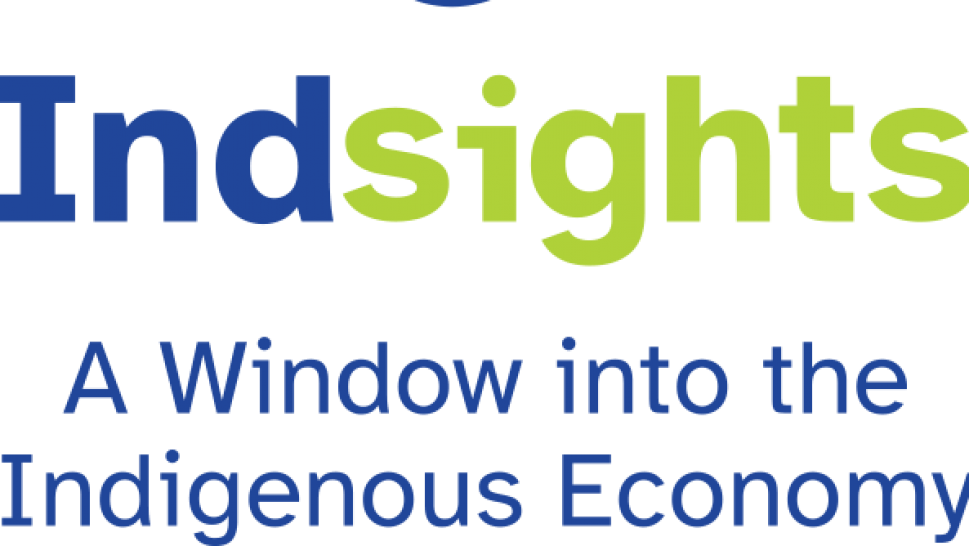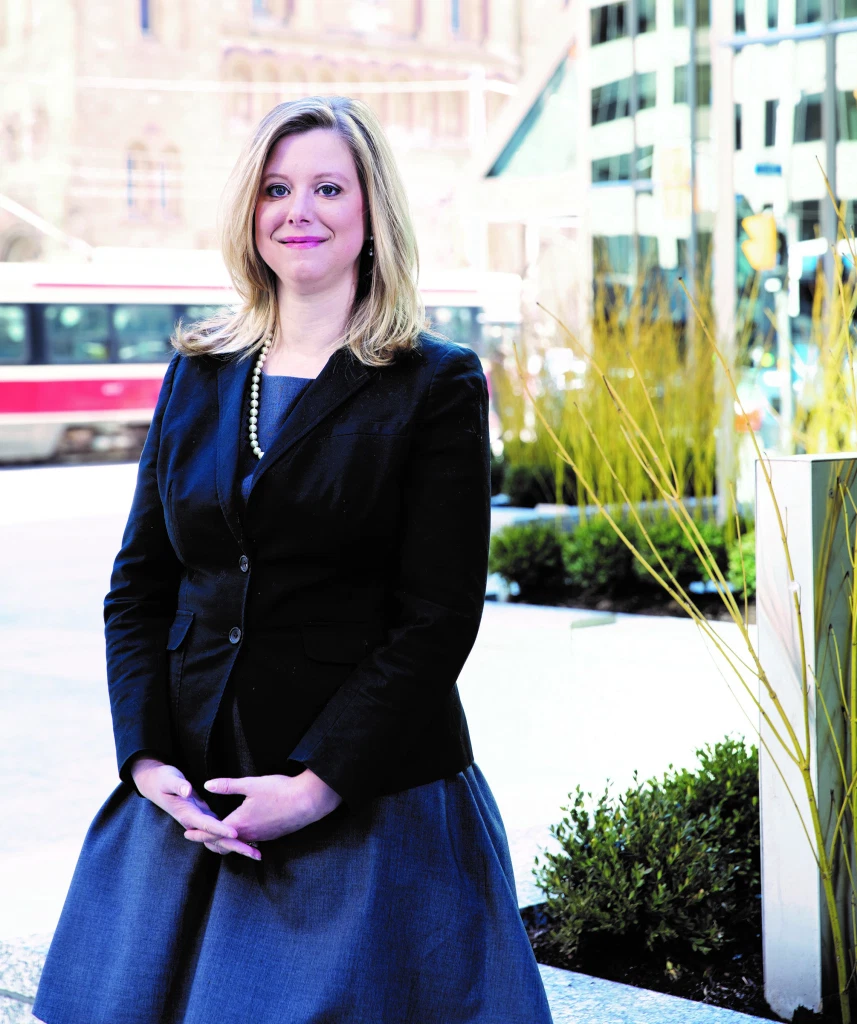
A new project led by Humber College in partnership with the Canadian Council of Aboriginal Business (CCAB) is producing case studies on Indigenous businesses and entrepreneurs to be used as a free and open access educational resource.
Audrey Wubbenhorst is a professor with Humber’s Public Relations program and the principal investigator for the Indsights: A Window into the Indigenous Economy project.
Wubbenhorst notes that in textbooks and case banks, there isn’t a great deal of available research on Indigenous businesses. She and her team of two students are addressing that gap through Indsights.

Each case study reflects on barriers Canadian Indigenous businesses face while showing how they demonstrate economic leadership and innovation.
The project aims to educate post-secondary students on the importance of Indigenous economic development in Canada, which will be demonstrated through case studies of successful Indigenous businesses, partnerships, and illustrations of positive stakeholder engagement.
Multiple case studies already published
So far, three of the case studies have been published with plans to publish another four early next year. The goal is to have 15 case studies available by the end of 2023.
"Indsights is about developing content that teachers and professors can use in the classroom so students can learn about the wide variety of Indigenous businesses that are thriving across the country," said Wubbenhorst. "We are so grateful to the participants for sharing their time and stories.”
One of the published case studies is about Birch Bark Coffee Company, which should be familiar to Humber’s coffee drinkers as it’s available at North and Lakeshore campuses. Owner Mark Marsolais-Nahwegahbow’s company has a social goal to go along with the business goals. Its mission is to work toward bringing clean drinking water to every Indigenous home living under boil water advisories by providing and installing certified water purification systems for those in need.
One of the other case studies looks at Pawgwasheeng Economic Development Corporation (PEDC). Ginny Michano is the president of PEDC, which is a 100 per cent owned Indigenous corporation by Pawgwasheeng, Pays Plat First Nation. It generates and maximizes economic development and commercial opportunities that encourage community and membership growth.
There’s also Shades of Gray Pet Treats, which is a farm and retail pet food store owned and run by the Indigenous people of Algonquin of Pikwakanagan First Nation. Keri Gray runs it and is committed to participating in and advancing the community's heritage, which is why she is passionate about helping Indigenous communities, youth, and education.
Wubbenhorst notes that many business classes use case studies focusing on larger, global businesses such as Apple or Google. She believes the businesses and entrepreneurs they’re profiling will be more inspirational for students who have an entrepreneurial spirit, as they’re examples of how to start and run a successful small or medium-sized business.
“It’s inspiring and motivating for students to hear their stories,” said Wubbenhorst. “These are stories of employment and economic development and entrepreneurs creating jobs for their communities.”
Each case study has a written component and a supplementary video as well as a recommended teaching note to guide a facilitated discussion. Down the road, Wubbenhorst envisions the case studies potentially being taught as a post-secondary course.
Positive impact of Indigenous economic development
Previous research completed by CCAB has shown that economic development in Indigenous communities positively impacts the general well-being of the community. This has led to increases in job opportunities, developed skills and capacity, and has put money into Indigenous economies.
"Using innovative digital storytelling, the Indsights project works directly with Indigenous businesses resulting in stories that can inspire future generations of Indigenous business leaders and the broader Canadian population,” said CCAB President and CEO Tabatha Bull. “The wide range of economic structures and businesses illustrated in these stories demonstrates there is no one-size-fits-all paradigm for Indigenous economic success."
The project is part of Humber and CCAB's shared vision of putting the 2015 Truth and Reconciliation Commission Report's 94 Calls to Action into action, particularly Calls 63 and 64 on education, to encourage more Indigenous voices to be included in mainstream curriculum.
Wubbenhorst received a grant worth $360,000 over three years from the Natural Sciences and Engineering Research Council of Canada’s College and Community Social Innovation Fund for the project. It was awarded in June 2020.
Those interested in more information can visit the project’s website.